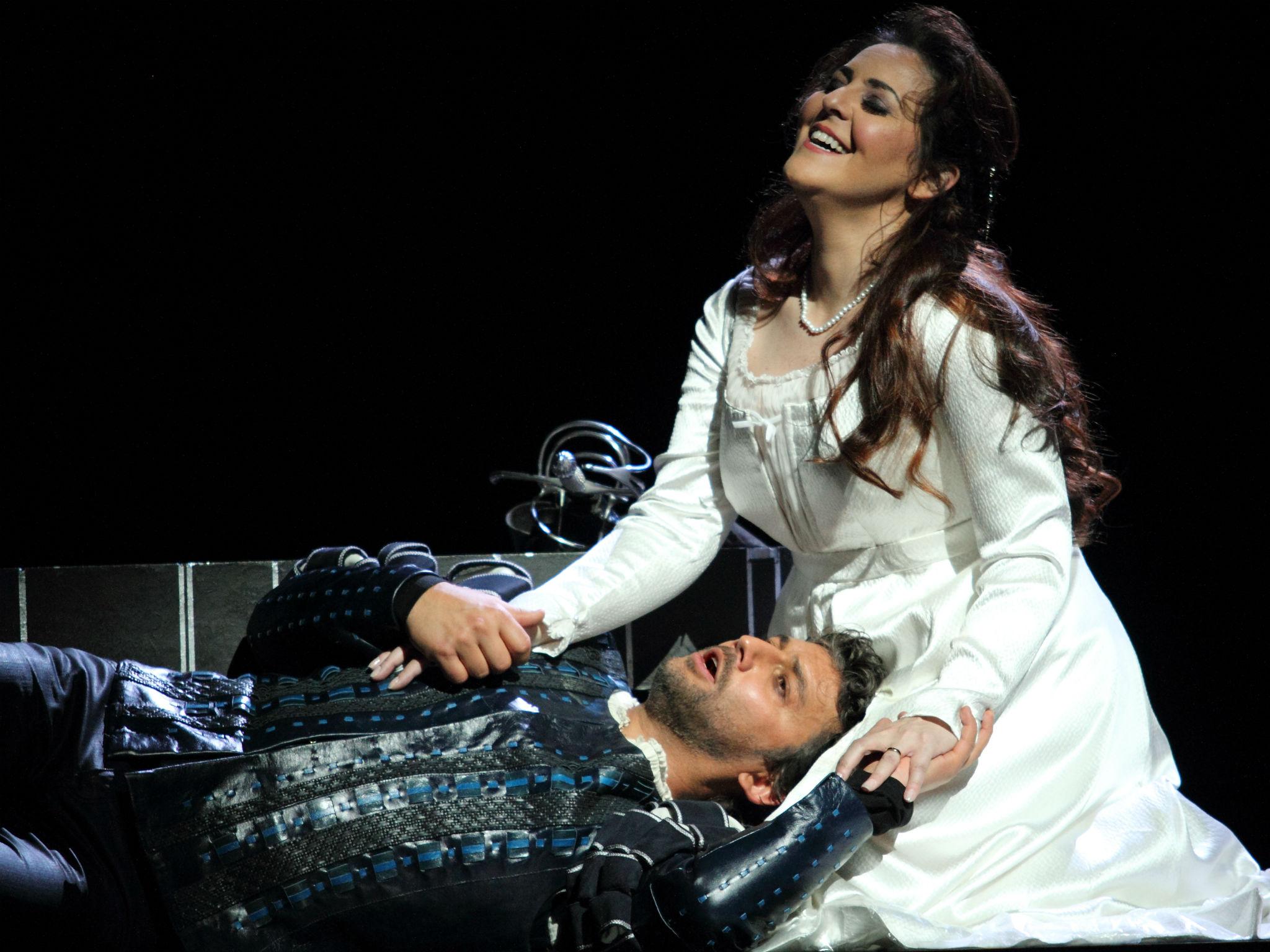Otello, Royal Opera House, London, review: The hottest ticket this year
Jonas Kaufmannn makes his debut as Otello in Covent Garden’s new production directed by Keith Warner

Your support helps us to tell the story
From reproductive rights to climate change to Big Tech, The Independent is on the ground when the story is developing. Whether it's investigating the financials of Elon Musk's pro-Trump PAC or producing our latest documentary, 'The A Word', which shines a light on the American women fighting for reproductive rights, we know how important it is to parse out the facts from the messaging.
At such a critical moment in US history, we need reporters on the ground. Your donation allows us to keep sending journalists to speak to both sides of the story.
The Independent is trusted by Americans across the entire political spectrum. And unlike many other quality news outlets, we choose not to lock Americans out of our reporting and analysis with paywalls. We believe quality journalism should be available to everyone, paid for by those who can afford it.
Your support makes all the difference.The hottest ticket this year is indubitably Jonas Kaufmannn’s debut as Otello in Covent Garden’s new production directed by Keith Warner. Kaufmann spoke of it beforehand with trepidation and excitement, while conductor Pappano predicted it would take him to another level of artistry.
Boris Kudlička’s abstract monochrome set – two towering walls pointing inwards with occasional screens suggesting Moorish latticing – underlines Otello’s descent into darkness, except for Desdemona’s murder which takes place on a brightly lit bed. This limited palette certainly focuses the action and emphasises interiority, but struggles to encompass any wider context, with the chorus effectively reduced to a bulk prop.
Bathed in light is Italian soprano Maria Agresta as a wonderful Desdemona, a soaring songbird, trusting, naïve and doomed, with Kai Rüütel an accomplished foil in Emilia. Italian baritone Marco Vratogna makes the most of the jagged, juddering, incomplete phrasing that Verdi invented for his baleful Iago, while Kaufmann traces Otello’s slow crucifixion and vertiginous decent into paranoia and suspicion with growing conviction, unleashing a darker deeper timbre. Almost too conflicted at the outset, his performance blooms gradually. As always, Pappano’s contribution in the pit is a thing of wonder, with no detail too trifling in to be given full weight in his masterful sweep of the whole.
Join our commenting forum
Join thought-provoking conversations, follow other Independent readers and see their replies
Comments